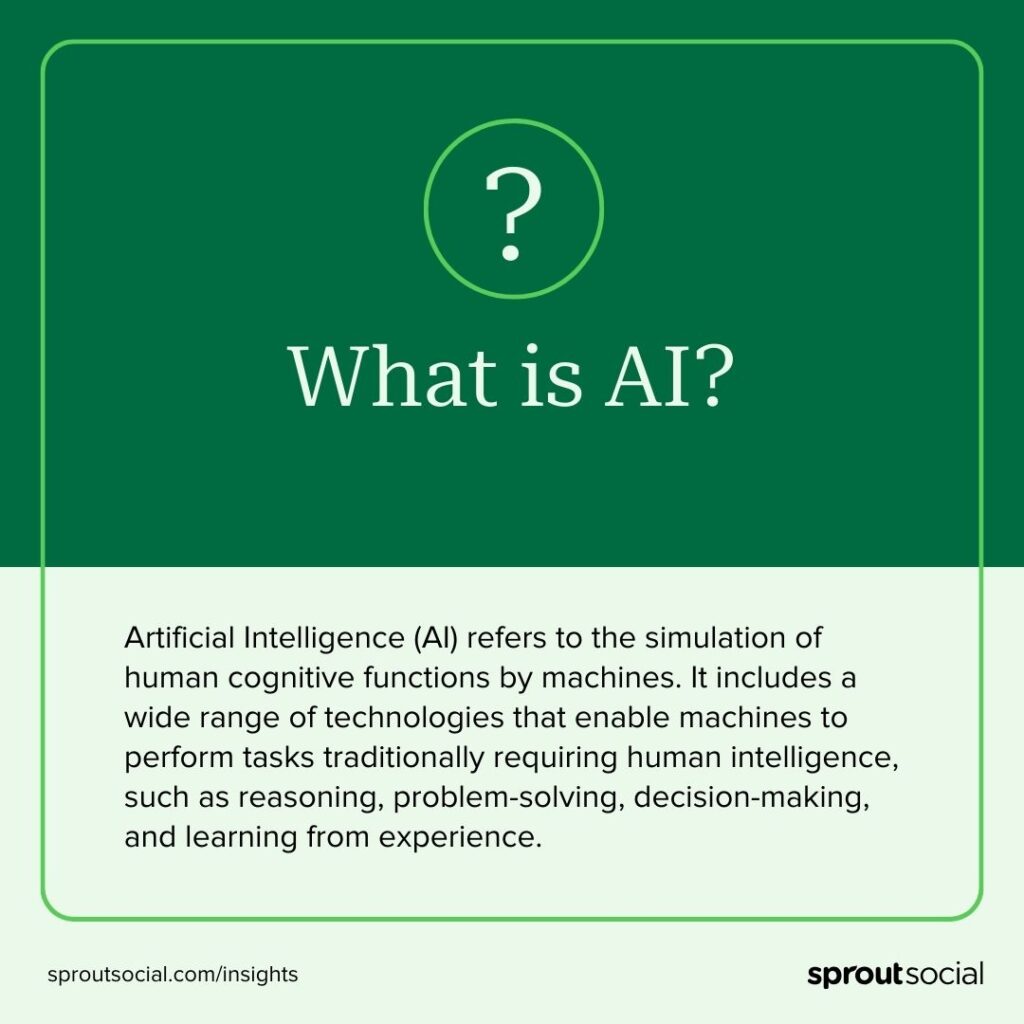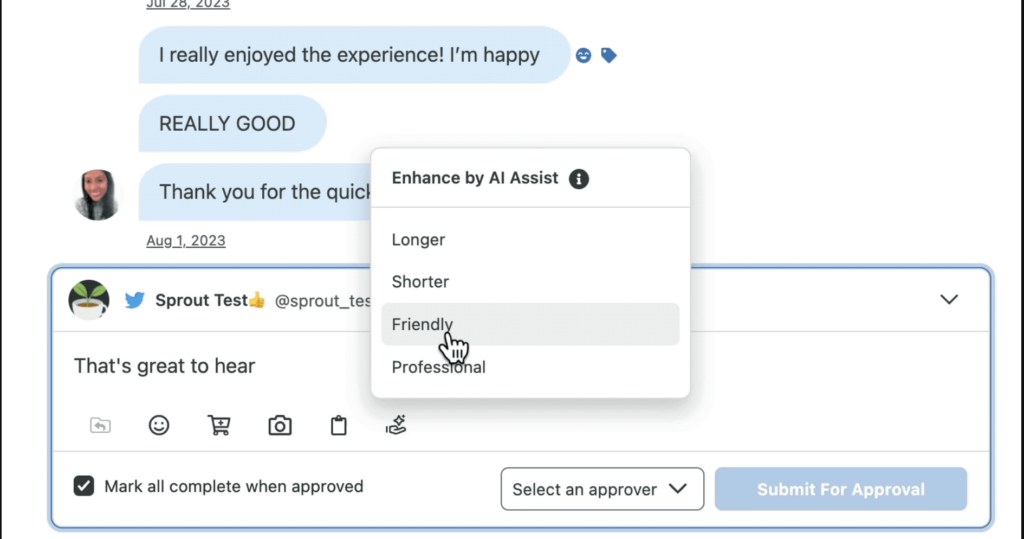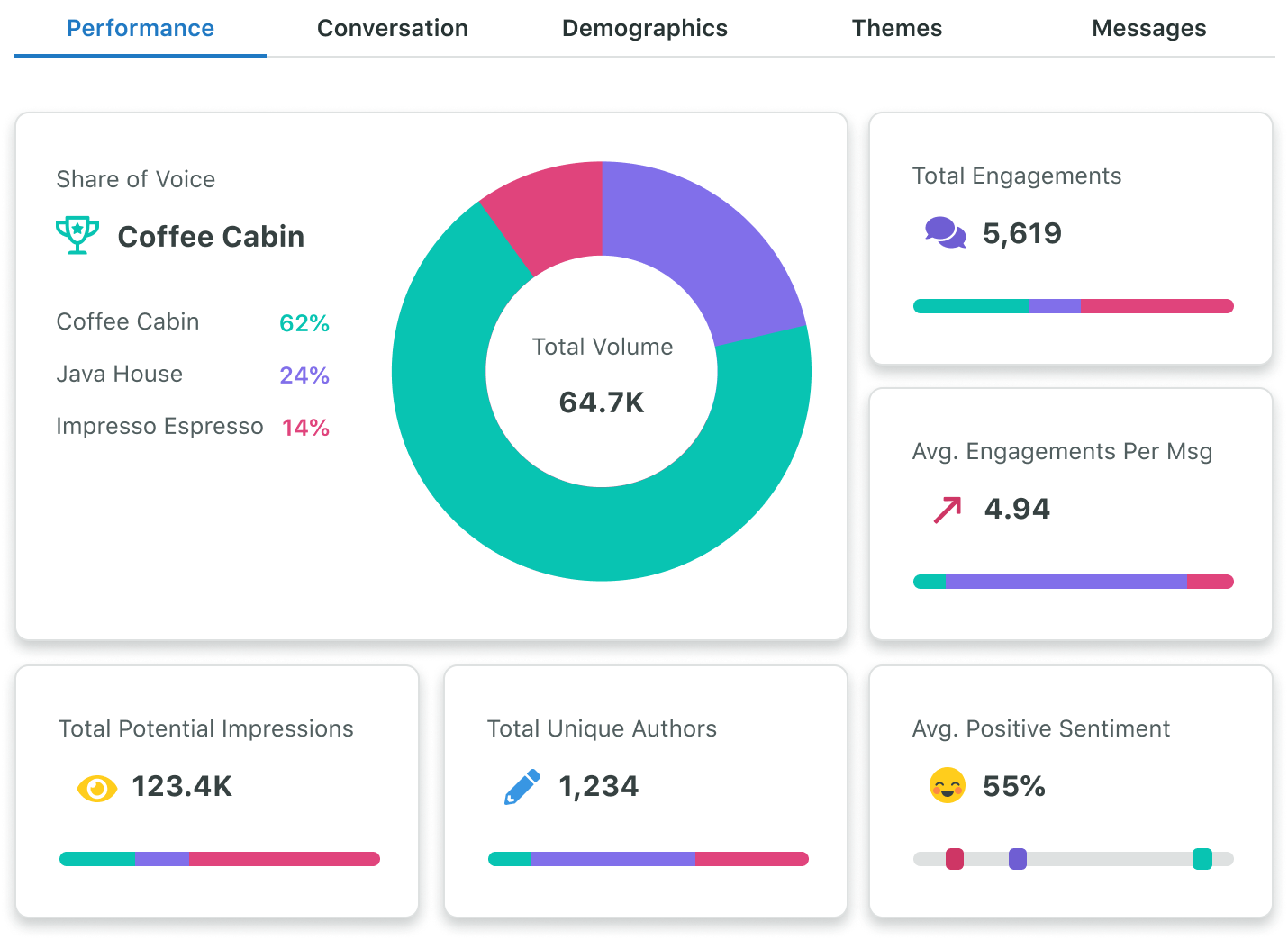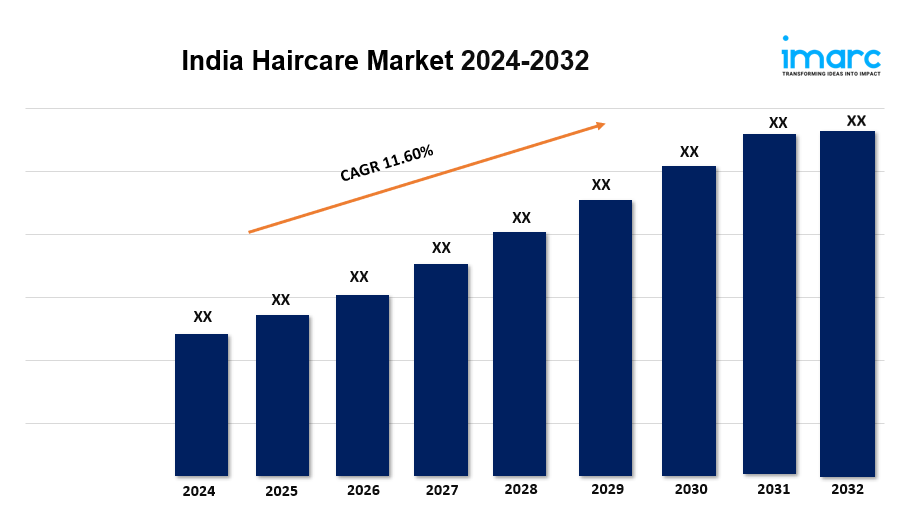In business, artificial intelligence (AI) is more than just a trend; it's a crucial tool reshaping how we approach marketing and customer engagement. According to our research, nearly 9 out of 10 business leaders are gearing up to boost their investments in AI and machine learning (ML), especially in marketing.
Why this surge? At the heart of this AI revolution is the ability to segment behaviors and target specific customer groups with precision. It's about making smarter decisions, crafting more personalized strategies and understanding customer needs on a deeper level, all of which are crucial across various business units.
This article will explore the diverse roles AI plays in enhancing business functions like marketing, operations, product development, human resources, customer support and security. Each domain benefits from AI's ability to streamline processes, improve efficiency, and provide actionable insights, making every interaction and decision more meaningful and effective.
What is AI?
Artificial Intelligence refers to the simulation of human cognitive functions by machines. It includes a wide range of technologies that enable machines to perform tasks traditionally requiring human intelligence, such as reasoning, problem-solving, decision-making, and learning from experience.

Today, AI is an umbrella term that includes various subfields, such as machine learning, deep learning and natural language processing.
The development of AI has led to the creation of numerous applications, including chatbots, virtual personal assistants (e.g., Siri, Alexa), recommendation systems, autonomous vehicles and medical diagnosis systems. These applications demonstrate the practical implementation of AI in performing specific tasks with high accuracy and efficiency.
Which functions of AI are used in business?
Let’s explore the core AI functionalities transforming businesses today, from machine learning and natural language processing to deep learning for AI automation. Each plays a critical role in enhancing decision-making, optimizing operations and driving innovation.
Machine learning (ML)
Machine learning algorithms analyze data, identify patterns and make predictions based on their results. They power AI tools that enable businesses to gain valuable insights from disparate data to help decision-making. While ML models learn independently as they process data, they can also be updated manually based on your specific needs.
NER and semantic search
Named Entity Recognition (NER) identifies entities defined in the ML model as important to a business, such as geographic locations, brand names, famous people, etc. And semantic search helps provide a contextual understanding of a query input by a user. Together, they help process and analyze large volumes of unstructured data to help you improve search accuracy, automate data processing and extract meaningful insights for informed decisions.
NLP and sentiment analysis
Natural Language Processing (NLP) and sentiment analysis enable businesses to understand and interpret human language, making them essential tools for analyzing customer feedback, social media content and other textual data while automating report generation.
Deep learning (DL) for AI automation
Machine learning uses algorithms and learns independently but may need human intervention to correct errors. Deep learning, on the other hand, uses neural networks to learn and adapt to new data patterns with little to no human input. It's utilized to automate complex data analysis tasks and processes, including image and speech recognition, enabling businesses to streamline operations and improve efficiency.
How artificial intelligence helps in business functions
AI has revolutionized various business functions, including marketing strategies, product development, sales efficiency, customer support, human resources, operations and security. Marketers and business professionals leverage AI to create stronger campaigns, make smarter decisions and streamline workflows. AI is changing the game and setting new benchmarks for business excellence.
Bonus Resource: Get our top five AI social media marketing resources in one convenient toolkit. Download it for customizable templates and tips to drive smart AI adoption in your role and across your organization.
Get the toolkit
Artificial intelligence in marketing
With marketing, AI transforms how businesses interact with their customers in several ways, offering tangible benefits that directly impact a company's bottom line.
Social listening
AI-powered social media management tools like Sprout Social integrate AI into social listening to help you analyze social media conversations, translating vast amounts of data into actionable insights. This helps you understand customer sentiment in real time, monitor brand health and respond swiftly to market trends, ultimately fostering stronger customer relationships and brand loyalty.
Content personalization
AI personalizes content based on customer behavior, preferences and demographics. For example, Netflix uses AI to provide personalized movie and show recommendations, enhancing the user experience and engagement for its audience.
Sprout Social's Enhance by AI Assist uses AI to personalize customer interactions at scale. It tailors responses based on the tone of the incoming messages, ensuring that replies are relevant and resonate with the customer's emotional state. This capability enhances customer engagement by delivering personalized experiences at scale.

Market research
AI tools dissect large datasets, revealing market trends, customer preferences and competitive landscapes, enabling businesses to make data-driven decisions.
Content generation
AI is also impacting content creation and the way we write. For instance, Sprout's Message Ideas by AI Assist generates engaging content suggestions, helping marketers quickly craft messages that align with their brand voice and audience interests. This tool streamlines the content creation process, allowing users to focus on the strategic aspects of their campaigns.
Competitor analysis
Competitor analysis using AI offers detailed insights into competitors' strategies and customer perceptions. By tracking essential metrics such as audience growth, engagement and post volume across various networks, marketers can benchmark their social presence against competitors. This comprehensive analysis, including share of voice, engagement, sentiment and impressions, helps identify key areas where a brand stands out or needs improvement.
Sprout's powerful competitor analysis features aid in discerning which content types are most effective, helping to refine strategies to resonate with target audiences. Regular use of these AI-powered tools for competitive analysis empowers businesses to stay agile, adapt strategies and maintain a competitive edge in their industry.

International marketing
AI's ability to analyze and interpret multilingual sentiment plays a crucial role in helping businesses navigate the complexities of international marketing by providing language support, cultural adaptation, market analysis and customer insights. This enables businesses to create more effective and targeted marketing strategies for diverse international audiences.
Predictive analytics
AI's predictive analytics are pivotal in forecasting future customer behavior, a crucial factor in marketing decision-making. By analyzing customer data, AI predicts trends and preferences, enabling businesses to tailor their marketing efforts more effectively. This foresight leads to smarter, data-informed choices, ensuring that marketing strategies are relevant and timely, catering to evolving customer needs and preferences.
Targeting decisions
AI enhances targeting decisions by sifting through extensive customer data to pinpoint the most appropriate audiences. It identifies patterns and preferences within customer interactions, allowing businesses to focus their products or services on the groups most likely to engage. This targeted approach, driven by AI's deep learning capabilities, ensures that marketing efforts are concentrated where they have the highest potential for impact and conversion.
Media buying
Companies like Volkswagen utilize AI to optimize their advertising strategies. AI analyzes vast amounts of data to determine the most effective channels and placements for advertising, enhancing the efficiency and effectiveness of media spend. AI's application in media buying improves campaign performance and provides valuable insights into consumer behavior and media consumption patterns.
Artificial intelligence in product development
AI in product development helps teams move beyond traditional design and customer preferences. Its capabilities extend to creating more intuitive and customer-centric products driven by data and innovation.
Product design
AI modernizes product design by analyzing market trends, customer feedback and historical data, leading to products that meet current and future market needs. For example, AI prompts can guide designers in creating products that satisfy market demands and predict future trends. This approach enables exploring a broader range of possibilities, ensuring products are both innovative and relevant.
Project management
In project management, AI automates routine tasks, optimizes resource allocation and provides real-time progress insights. By analyzing historical project data, AI enhances risk assessment and mitigation strategies, leading to more productive and proficient project management.
Predictive maintenance
AI's role in predictive maintenance is pivotal, using data-driven methods to analyze historical data, identify patterns and anomalies, and generate proactive maintenance recommendations. This approach significantly reduces downtime and maintenance costs, increasing overall efficiency.
Integrating AI into product development marks a new era of innovation, where products are functionally superior and deeply aligned with customer expectations and market dynamics.
Artificial intelligence in sales
AI is creating a new paradigm of efficiency and customer engagement. From email campaigns and lead scoring to proposal writing, AI is enhancing both the sales process and the outcomes.
Email campaigns
AI-driven analytics optimize email strategies by creating narratives that strike a chord with customers. By analyzing customer data and behavior, AI crafts engaging and contextual content. It automates the drafting and sending of personalized emails at scale, ensuring each communication is tailored to the recipient's interests and needs.
Lead scoring
In lead scoring, AI processes huge quantities of customer data to improve accuracy in identifying potential customers. It considers various factors, including website behavior, demographics, firmographics, job title, purchase history and social media engagement. This results in a ranking system that prioritizes leads based on their conversion likelihood, streamlining the sales process.
Proposal compilation
AI also plays a key role in generating personalized, evidence-based sales proposals. By utilizing AI tools, sales teams can create compelling visuals, presentation slides and text that directly address customers' needs and aspirations, significantly increasing the chances of closing deals.
Artificial intelligence in customer support
AI enhances customer support by enabling businesses to offer more personalized and optimized service. AI enables teams to customize customer interactions, automate the ticketing process and leverage trend analysis to provide deeper insights into customer preferences and behaviors. These applications streamline operations and elevate the overall customer experience.
Personalize customer support
AI empowers businesses to offer personalized support by analyzing customer data and interaction history. This leads to tailored support experiences and recommendations. For example, KFC China's introduction of facial recognition technology to predict customer orders based on age and mood is a testament to AI's capability to enhance customer service.
Customer Care by Sprout equips teams to create authentic customer connections at scale. With tools like AI-powered sentiment analysis, Sprout uses this technology to turn customer interactions into insightful data, helping businesses fine-tune their care strategies and content.
Sprout’s social listening solutions further automate FAQs and identify customer sentiment, respectively, supporting a comprehensive and personalized customer service approach. This AI integration is not just about responding faster; it's about understanding customers better and providing a consistently excellent experience across platforms.














